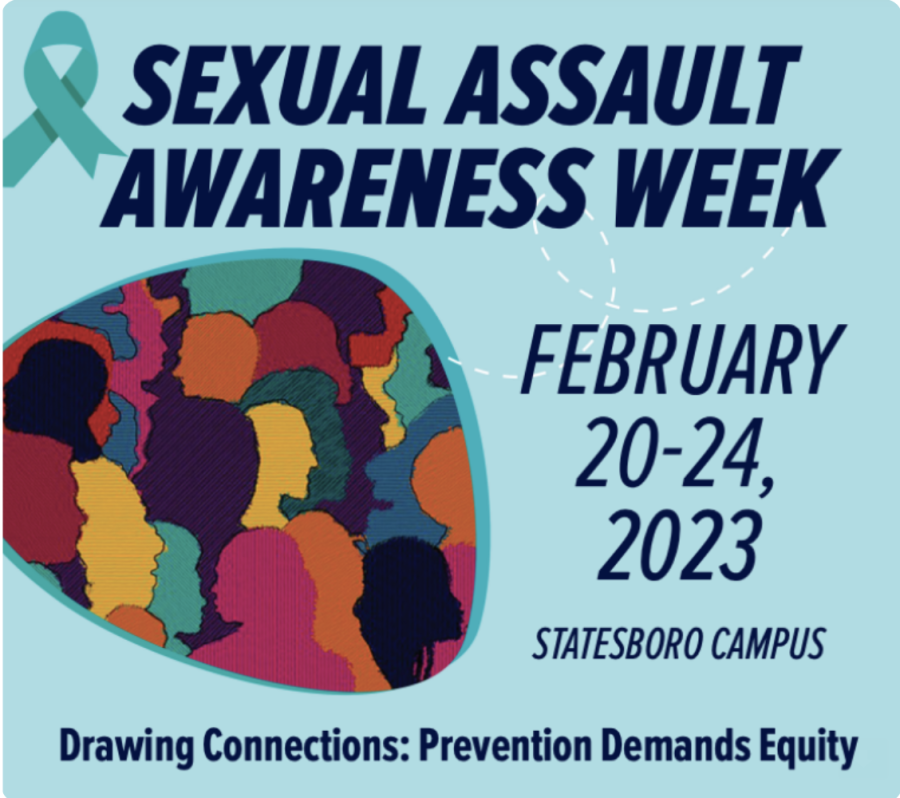There’s a lot of stigma surrounding therapy and counseling today. On one hand, there can be a negative connotation that goes along with mental illness, depression, anxiety, etc. On another hand, I would say our generation has learned to embrace the importance of mental health. At the very least, there’s a conversation going on, which is the first step to understanding.
People often think that in order to go to therapy you should have some sort of mental illness or depression/anxiety disorder, and that isn’t always the case. I have been in and out of counseling since I was a sophomore in high school. I’ve tried church counseling, private therapy, and campus counseling services, both individual and group, here at Georgia Southern. Just because I’ve never been diagnosed with a disorder of some kind doesn’t mean I’ve never experience depression or anxiety. I still experience everyday problems, like stress, pressure, the occasional existential crisis. Sometimes I need a little help sorting it all out and dealing with it in a healthy way. Which is all normal and all OK.
Purposes and reasonings for going to therapy differ person-to-person and because of that, what I got out of therapy may be different than someone else. There are, however, some universal truths I learned that help with overall soundness and wellbeing. This is just one person’s experience of what I got out of therapy.
Your physical state is directly related to your mental state
Eat well. Sleep enough, but not too much. Be active now and again. Get fresh air. According to your body, your physical needs are first and foremost most important. Your mind cannot be expected to perform properly when it’s wondering when its next meal or break is going to be. Give it enough fuel and enough rest, and also stimulation, exercise and a change of pace. Take care of your body and it will take care of you.
You control your emotions, your emotions don’t control you
Life happens unexpectedly no matter how hard you try to control it. Let’s face it, life isn’t fair. However your response to the unexpected is half the battle. You can choose to give up, or blow up, or alienate, or self-destruct. Or you can choose to make the best of it. How you react can ultimately change the situation itself.
You don’t have to apologize for your feelings
What you feel is valid. Your expression of how you feel is a matter of controlling your emotions, not apologizing for them. Particularly for women, we have this complex of not wanting to upset the status quo. “Maybe I’m overreacting…” “This is probably stupid…” “I know it’s dumb but I just think/feel/want/etc…” Men will do this too if they feel they aren’t in a position of authority, whether it’s in a romantic relationship, workplace or any other kind of relationship. Your thoughts, feelings and opinions are not burdens. Don’t null and void them.
Forgiveness is for you: Forgive yourself, forgive others
Everyone has been hurt. Whether you lover cheated on you, your best friend lied to you, or your parents failed you long before you could ever understand it, let downs are an inevitable fact of life. All humans have their faults. Think of your own faults and the times you acted selfishly or impulsively, no matter the intention. Everyone has their moments. Therefore any form of relationship between two people leaves room for let down and failure. But you can choose to forgive those who have wronged you before, no matter the size or intensity of the transgression. Forgiveness is not saying that their wrong is somehow right. Forgiveness is choosing to let go of the pain their wrong caused, and not allowing it to affect you anymore.
Control your surroundings
We have all heard the expression “You are the company that you keep” and it’s true. The way you live your life and what you choose to involve yourself with interfere with your thoughts and emotions. Negative people create a negative atmosphere. Negative thoughts create negative actions. Do what is good for you, your soul, your home, your present, your future.
Recognize yourself
Sometimes you are the problem. You are all only human after all. Everyone has moments of selfishness or greed or conceit. Your bad moments do not have to define you as a person. They are merely byproducts of your humanity but that does not excuse them. It takes a big person to recognize their faults. It takes a bigger person to own up, apologize, and rectify them. Admit to your own downfalls. Choose to overcome them. Forgive yourself. Become better.
Categories:
What Therapy Taught Me
September 30, 2016
Georgia’s legislative session concluded on March 29. This year’s session was relatively quiet compared to last year but still included bills affecting the state of Georgia.
0
More to Discover











